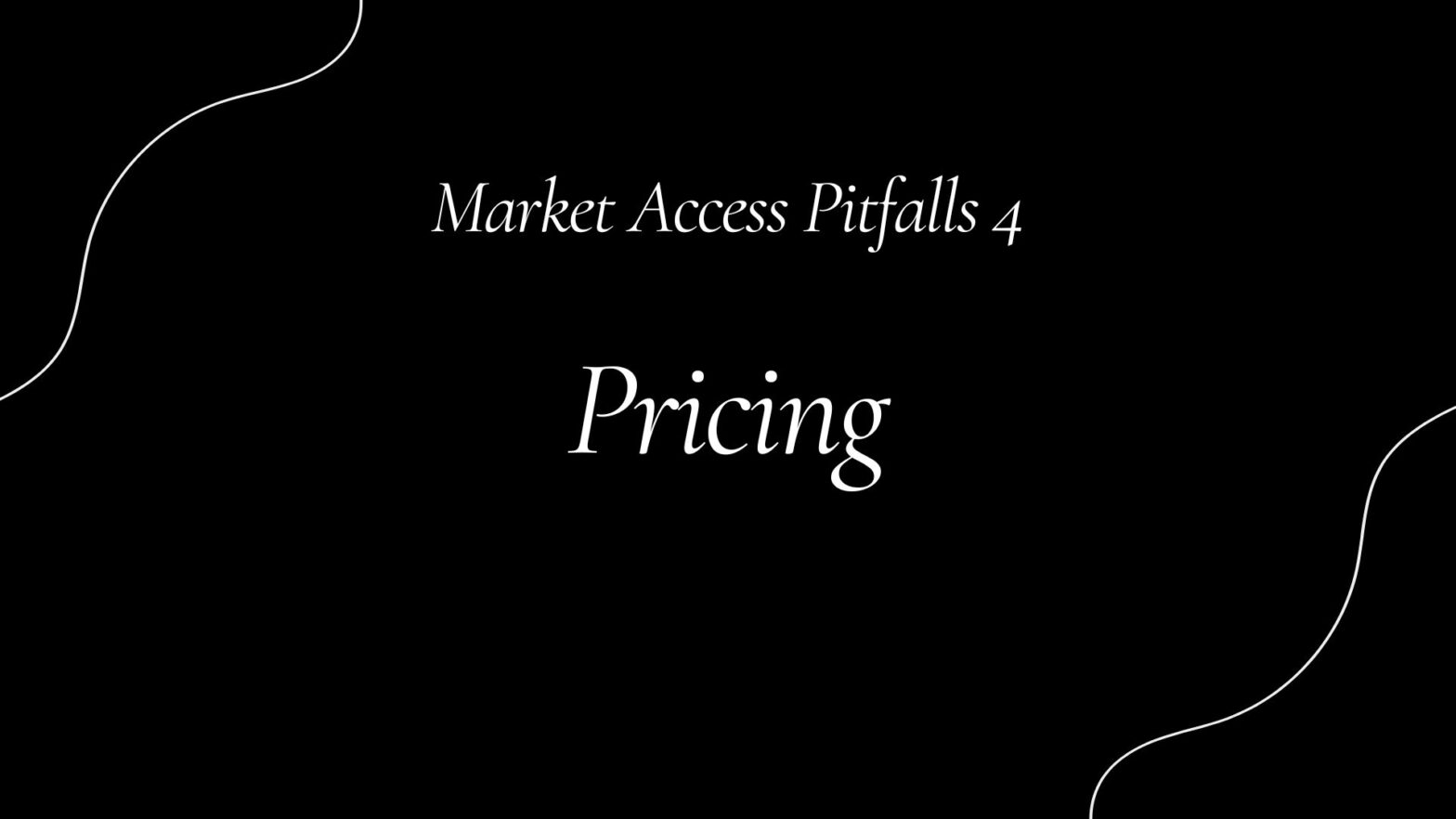Many of my former clients wanted to export to Germany because the market was large and wealthy.
A wealthy market will not automatically support your pricing. Remember the German market is also extremely competitive and difficult to enter. Pricing therefore is definitely a factor.
German Spending Habits
Yes, Germans have money, but they are also very stingy. Fact.
Yes, we like luxury goods – our high-end cars, our high-end smartphones, our high-end down parkas.
But we also love a discount, a sale, a great deal. And let’s not forget that in Germany, too, a lot of people are struggling to make ends meet.
When economic forecasts go down, people will switch to savings mode at once. The outbreak of the war in Ukraine in February 2022 immediately resulted in sharply reduced consumer spending. People still needed to eat – but they chose supermarkets‘ private-label foods. They still needed to buy toys for their children – but they opted for the less fancy (= cheaper) brand.
Many Germans are willing to spend significant sums on status symbols, such as €1,500 barbecues. This is theoretically great news for brands, but it also means that for as long as you are not yet a status symbol, you may have to rethink your pricing.
When The Price Must be Right
Some products will sell exclusively on price. Exclusively. In these cases, it is no use arguing, „But we’re from ___!“, „We manufacture domestically!“, „Our product is handmade!“, etc.
For example, my former manager once dealt with a company that wanted to sell rubberized bed sheets to German hospitals. Absolutely hopeless. This type of item will be sourced where it is cheapest. Hospitals have limited budgets and cannot pay a „country bonus“. Likewise, one of my clients wanted to sell toothbrushes. There was nothing to distinguish the clients‘ from other toothbrushes except the place of manufacture. It is highly unlikely Germans would recognize added value and pay the extra cost.
Pricing for Unknown Brands
Germans are reluctant to pay a lot of money for an unknown brand.
This is especially true in fashion. Many Canadian clients insist on maintaining their price level, not wanting to dilute their brand. This is a legitimate concern, of course. Whether or not the market supports it will become clear as soon as you discuss prices with buyers and agents. You might also want to research the prices of your competitors. If they are significantly below yours, it could be a sign.
Germans Shopping Abroad
Everything is different when you’re out having fun. Tight-fisted Germans can turn into spendthrifts when circumstances are right. Just visit the Oktoberfest or any Bundeliga soccer game, where people gladly hand over absurd amounts of money for their entertainment.
Some clients told me German tourists had come to their shops in Canada, loved their products, and told them they should sell in Germany. Since those tourists had paid the full price, my clients had concluded that their Canadian pricing would also work in Germany.
It is one thing to tell your friends, „Look, I bought this in Canada, we had such a great trip, I walked into this small shop and chatted with the owner, s/he was soooo nice! Had some great items. It was quite expensive but it will always remind me of this fantastic vacation!“
It is quite another to say, „Look, I bought this in town, never heard of the brand, what do you think? Hm, yeah, it was quite expensive, maybe I’ll return it, I’ve kept the receipt.“

Ein Kommentar